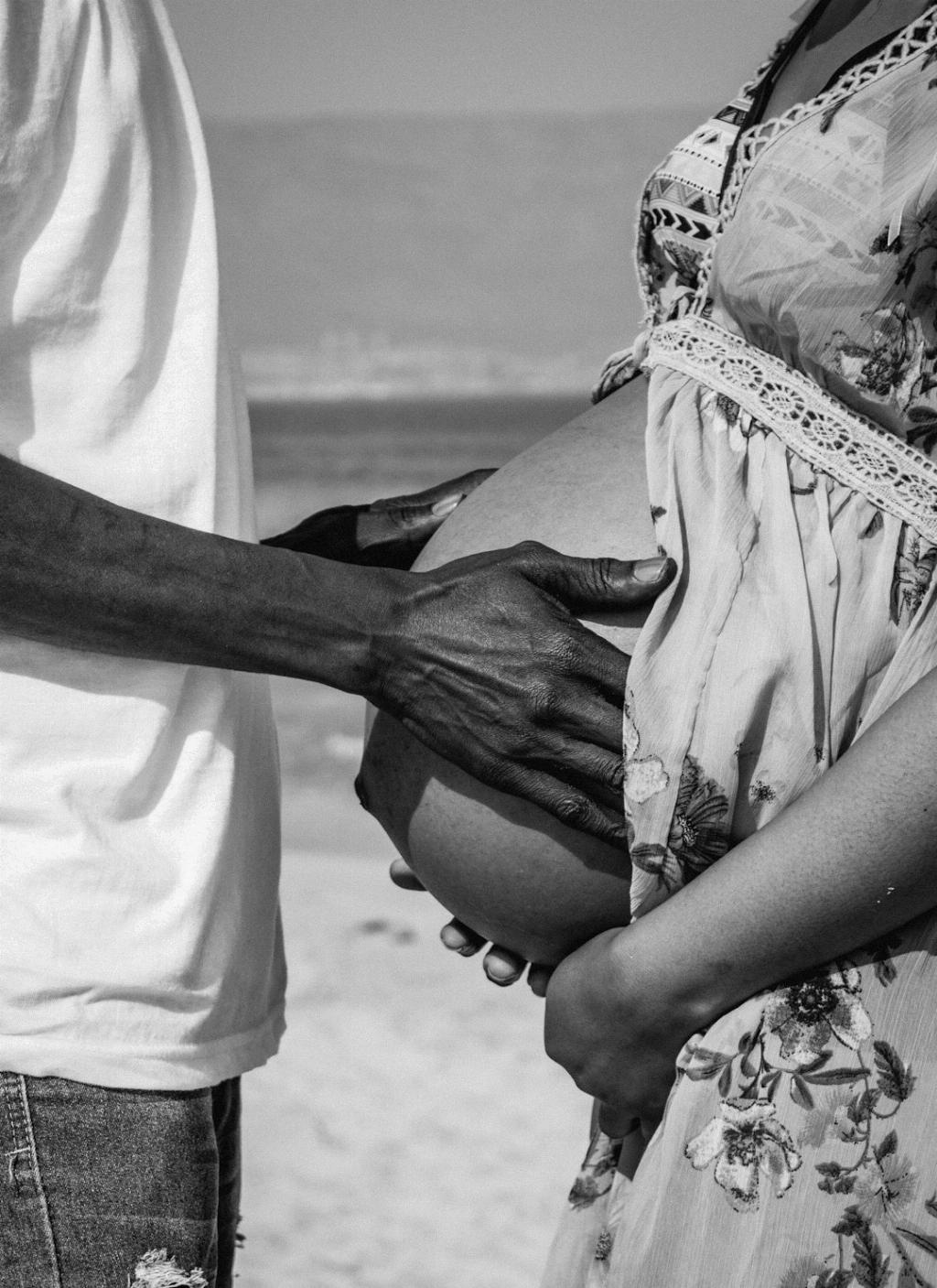During pregnancy, various changes occur within the body, both physically and hormonally, that can sometimes lead to unique symptoms and experiences. One common myth that has been circulating for generations is the idea that carrying a boy can make a pregnant woman feel colder, particularly in her extremities like her feet. While this notion may seem intriguing, it is essential to separate myth from reality when examining such claims.
When it comes to feeling colder during pregnancy, especially in the context of predicting the baby’s gender, it is crucial to rely on scientific evidence rather than anecdotal accounts or old wives’ tales. Hormonal changes play a significant role in regulating body temperature during pregnancy, affecting circulation and blood flow. This can lead to sensations of warmth or coldness, which are more likely a result of hormonal fluctuations rather than the baby’s gender.
Dr. Phillips, a renowned expert in maternal health, emphasizes that fluctuations in body temperature during pregnancy are entirely normal and primarily influenced by hormonal shifts. These changes can impact how a pregnant woman perceives temperature, potentially causing her to feel colder, regardless of the baby’s gender.
Furthermore, the idea that being pregnant with a boy specifically causes colder sensations is not supported by scientific research. While each pregnancy is unique and may present different symptoms and experiences, there is no concrete evidence linking fetal gender to maternal body temperature regulation.
It is essential for expectant mothers to focus on maintaining overall health and well-being during pregnancy, rather than placing undue emphasis on myths or folklore surrounding gender predictions based on physical symptoms. Consulting with healthcare providers and following recommended prenatal care guidelines are crucial steps in ensuring a healthy pregnancy and a positive birthing experience.
Additionally, factors such as seasonal changes, individual metabolic rates, and environmental conditions can all contribute to variations in body temperature throughout pregnancy. These factors, combined with the body’s natural adjustments to accommodate the developing fetus, can lead to fluctuations in temperature perception for pregnant individuals.
While it is fascinating to explore the connections between pregnancy experiences and fetal gender, it is essential to approach such concepts with a critical eye and a reliance on scientific evidence. Pregnancy is a complex and multifaceted process that involves numerous physiological changes, all of which can influence how a woman feels and experiences her pregnancy journey.
Ultimately, the sensation of feeling cold during pregnancy is a common occurrence that is not limited to specific gender predictions. It is crucial for expectant mothers to listen to their bodies, stay attuned to any unusual symptoms, and seek guidance from healthcare professionals if needed to ensure a healthy and safe pregnancy for both mother and baby.

